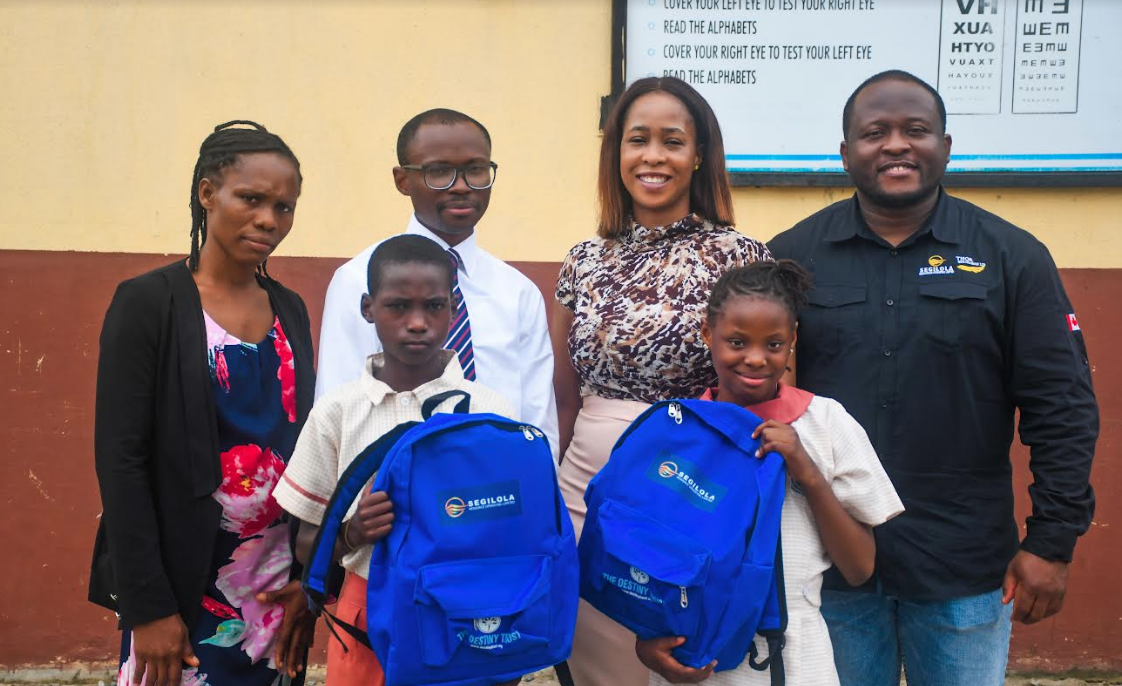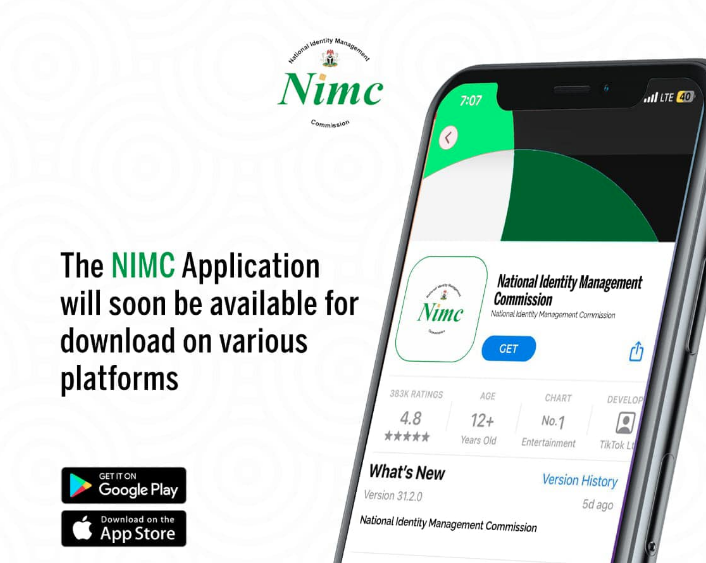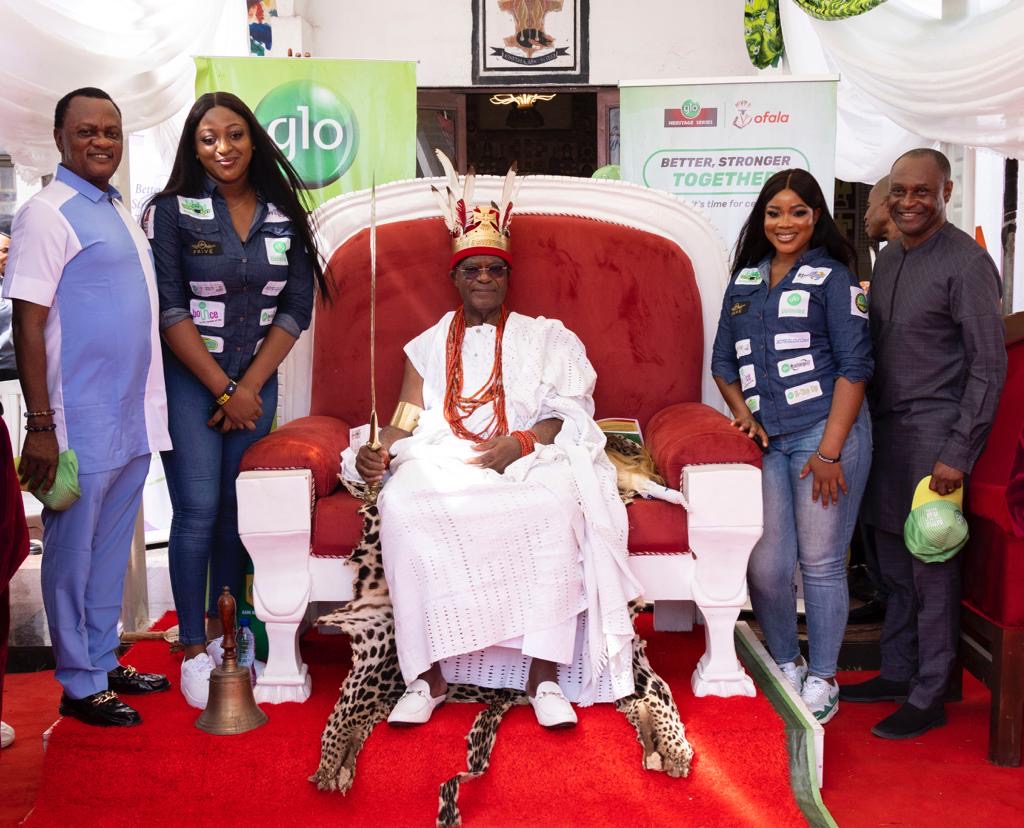Egypt’s Ahly made history by becoming the first African team to achieve victory in the FIBA (The International Federation of Basketball) Club World Cup. In the opening match of this esteemed tournament held in Singapore on Thursday, the Red Devils triumphed over USA’s Ignite with a final score of 82-76.
They managed to kick off the game on a strong note and held the lead at the end of the first quarter with a score of 21-20. Nevertheless, the Egyptian squad made a comeback in the second quarter, seizing a 45-43 lead by halftime.
Under the guidance of Spanish coach Augusti Julbe, Ahly maintained their dominance in the third quarter with a score of 62-59, concluding the game with a comfortable six-point advantage.
The Singapore Sports Hub was selected as the venue for the 33rd edition of this event, taking place from September 21 to 24. Following the match, they faced Sesi Franca, a two-time FIBA Intercontinental Cup runner-up, on September 22th.
Following their historic victory, Al Ahly experienced a defeat at the hands of South American champions Sesi Franca, significantly reducing their chances of making it to the final. Nevertheless, due to Sesi Franca defeating NBA G League Ignite on Saturday morning, Al Ahly has secured the second position in Group A and earned a spot in the third-place playoff.
Al Ahly had already etched their name when they won over NBA G League Ignite, marking the first time an African team had achieved victory in a FIBA Intercontinental Cup match.
Journeys in the rise of African basketball
This journey for Al Ahly was part of the broader rise of basketball in Africa, where the sport is gaining immense popularity and recognition, as showcased in various events, including the NBA halftime show in February.
The theme was a tribute to African athletes in the league, highlighting the increasing popularity of basketball on the continent, acknowledged by both FIBA and the NBA as a significant frontier for the sport.
During the same month, South Sudan’s men’s basketball team, led by former NBA star Luol Deng, achieved a milestone by becoming the first African team to qualify for the FIBA World Cup, winning over Senegal in their decisive qualifying match.
With a rich basketball legacy, both domestically and globally, South Sudan’s team, The Bright Stars, has harnessed its collective talents to emerge as a rising force in East Africa, showcasing the outcomes of dedicated focus, determination, and resilience for a national team.
This surge in basketball’s popularity has also intersected with the rise of alternative methods for engaging with the sport, including basketball betting with bitcoin, reflecting the evolving landscape of sports engagement in the digital era.
Moreover, the NBA had introduced the NBA Junior program, specifically targeting younger players in various African countries. The efforts by FIBA and the NBA underscore Africa as the ultimate frontier for the game, encompassing player development as well as the game’s market and audience.
The FIBA and the NBA also introduced the Basketball Africa League (BAL) in 2019. Comprising 12 teams hailing from 10 countries, it began with a qualifying stage involving 32 countries before the actual tournament.
Functioning as a subsidiary of the NBA under NBA Africa, the BAL has already completed two seasons and is heading into its third in 2023. This league serves as a crucial platform for African players, offering them an opportunity to display their talents and significantly enhance the basketball landscape within Africa.
Moreover, it serves as a talent pool for scouts from various international leagues, providing them with a chance to observe and recruit promising players. Beyond players, the BAL has opened up fresh avenues for coaches, referees, and other professionals associated with basketball on the African continent.
Looking ahead, the BAL envisions expanding further, with the ultimate aim of encompassing teams from all corners of Africa, thus fostering a broader and more inclusive competition.






